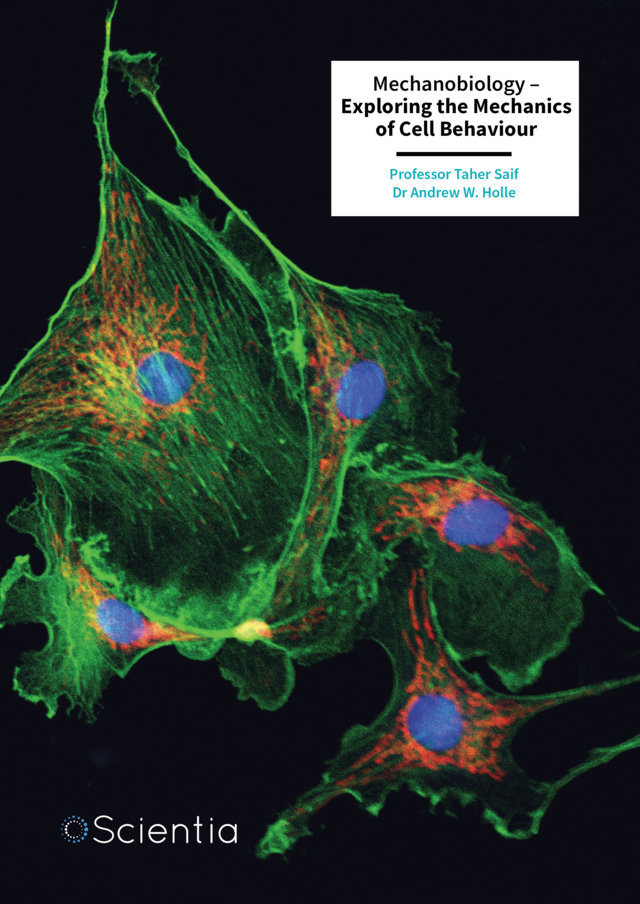Pulque, an ancient Mexican beverage, is making waves in the scientific community—not just as a cultural relic, but as a potential health-boosting powerhouse. A team of researchers, including Prof. Rogelio Valadez-Blanco, Dr. Yesica Ruiz-Ramírez, and Prof. Paula Guadarrama-Mendoza, from Universidad Tecnológica de La Mixteca, has been investigating the hidden potential of the bacteria found in this traditional drink. Their findings suggest that pulque’s naturally occurring lactic acid bacteria could play a key role in promoting gut health and even combating harmful pathogens that cause foodborne illnesses. More
For thousands of years, pulque has been brewed by fermenting the sap, known as aguamiel, from the agave plant. Unlike tequila or mezcal, which are distilled, pulque is a mildly alcoholic drink that undergoes natural fermentation, making it rich in live microorganisms. The process of fermentation transforms the sugars present in aguamiel into alcohol and lactic acid while also fostering the growth of various types of bacteria—particularly lactic acid bacteria.
Lactic acid bacteria are a group of beneficial microbes often found in fermented foods such as yogurt, kefir, sauerkraut, and kimchi. These bacteria are well-known for their role in food preservation and for their health benefits, particularly in maintaining a healthy gut. The human gut microbiome, a collection of trillions of bacteria living in our intestines, plays a critical role in digestion, immunity, and overall health. Lactic acid bacteria can help balance this microbiome by keeping harmful bacteria in check and supporting the growth of beneficial strains.
What makes pulque stand out is its unique mix of lactic acid bacteria strains. Prof. Valadez-Blanco and his colleagues set out to identify and study these bacterial strains to see if they had properties that could be useful for human health, such as their probiotic potential. Probiotics are live microorganisms that, when consumed in adequate amounts, confer health benefits to the host, primarily by enhancing gut health and boosting the immune system.
In their research, the team collected samples of pulque from Oaxaca and Puebla, two regions in Mexico with a long history of pulque production. From these samples, they isolated 11 different lactic acid bacteria strains, representing four distinct genera: Lactiplantibacillus, Levilactobacillus, Lacticaseibacillus, and Liquorilactobacillus.
Among the standout findings was the identification of Liquorilactobacillus ghanensis, a species not previously reported in pulque. This strain, along with several others, demonstrated resilience in the face of harsh conditions that mimic the human digestive system, making them excellent candidates as probiotics. To be effective, probiotics must survive their journey through the digestive tract. This journey includes passing through the stomach, where highly acidic conditions (a pH of 2) are usually enough to kill many bacteria, and then entering the small intestine, where they encounter bile salts, another important obstacle to bacterial survival.
The researchers found that many of the pulque-derived lactic acid bacteria strains showed an impressive ability to withstand these harsh conditions with several pulque isolates such as Lacticaseibacillus paracasei RVG3 and Lactiplantibacillus plantarum RVG4 presenting a much higher logarithmic survival rate under acidic conditions, than that of the control strain, Lactobacillus acidophilus NCFM, a well-known and commercially available probiotic. Similarly, several strains showed strong resistance to bile salts, with Levilactobacillus brevis UTMB2 demonstrating a 92% survival rate, suggesting that these bacteria could thrive in the human gut.
However, the benefits of these lactic acid bacteria strains don’t stop at gut health. One of the most exciting findings from the study carried out by Prof. Valadez-Blanco’s group was the antimicrobial properties of certain strains. In addition to surviving the digestive tract, many of these bacteria were found to produce antimicrobial peptides—small proteins that can kill harmful bacteria. These peptides, which include bacteriocins and peptidoglycan hydrolases, act like natural antibiotics, making them highly valuable in combating foodborne pathogens such as Listeria monocytogenes, Salmonella Typhi, and Escherichia coli.
For example, the strain Lacticaseibacillus paracasei RVG3 and Levilactobacillus brevis UTMB2 both showed significant production of antimicrobial peptides. These strains were tested against dangerous pathogens and produced inhibition zones—areas where harmful bacteria were unable to grow—measuring between 9.8 to 12.1 millimeters. These results indicate that pulque-derived lactic acid bacteria could potentially be used to enhance food safety by preventing the growth of harmful bacteria.
What makes these antimicrobial peptides particularly exciting is that they represent a natural alternative to antibiotics, which are losing effectiveness due to the rise of antibiotic-resistant bacteria. The growing threat of antibiotic resistance has created globally an urgent need for new ways to combat infections. Natural antimicrobial compounds produced by probiotics could provide a safer, more sustainable solution.
The research by Prof. Valadez-Blanco and his team offers more than just new information about pulque; it has the potential to transform how we think about functional foods. Functional foods are foods that have a potentially positive effect on health beyond basic nutrition. With its rich content of probiotics, pulque could be revalorized as a functional food—an ancient beverage that not only connects modern consumers with Mexico’s rich cultural heritage but also promotes gut health and protection against foodborne illnesses.
The study’s results are encouraging, suggesting that pulque-derived lactic acid bacteria could be developed into probiotic supplements or incorporated into other foods to boost their health benefits. Moreover, this research opens the door for further exploration into the potential applications of these bacterial strains in the nutraceutical industry, which focuses on products that provide medicinal or health benefits, including the prevention and treatment of diseases.
The work of Prof. Rogelio Valadez-Blanco and his colleagues shines a spotlight on the untapped potential of traditional foods like pulque. Their research highlights how the rich microbial diversity in pulque, particularly its lactic acid bacteria, could be leveraged to improve human health. With strains such as Levilactobacillus brevis showing exceptional resilience and others such as Lacticaseibacillus paracasei producing powerful antimicrobial compounds, it’s clear that pulque is much more than just an ancient drink. It could be a source of future health innovations.
As science continues to uncover the hidden benefits of traditional fermentation processes, pulque may soon be recognized not just as a cultural icon of Mexico, but as a valuable contributor to global health. Who knew that an ancient drink enjoyed for centuries could also be a key player in modern wellness?







